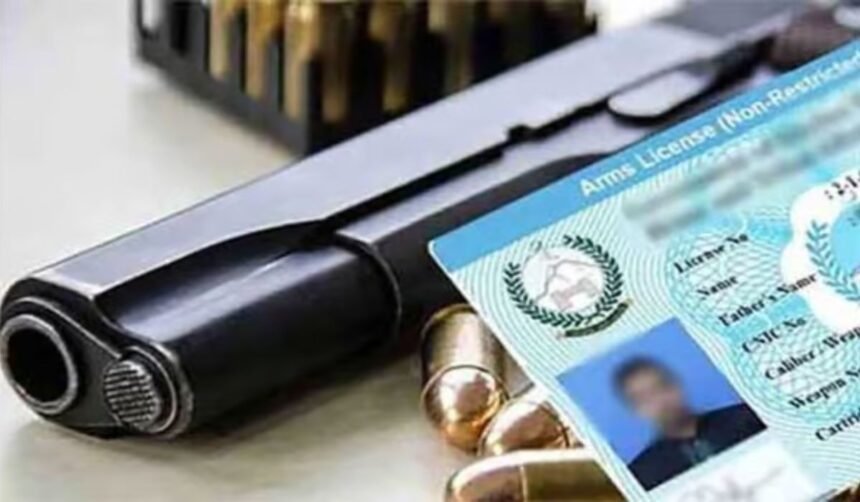The Sindh government is moving towards replacing all existing computerized arms licences with advanced smart card–based licences directly linked to the criminal record database. The plan, reviewed during a meeting chaired by Sindh Interior Minister Zia-ul-Hassan Lanjar, is aimed at making the arms licensing process more secure, transparent, and resistant to misuse.
Under the proposed system, individuals with any criminal history would be automatically prevented from obtaining a licence. The initiative also includes a recommendation to the National Database and Registration Authority (NADRA) to store ballistic signatures of bullets alongside licence data. This would enable forensic tools to trace bullets to their registered owners, significantly increasing accountability and reducing the ability of criminals to evade detection.
Officials confirmed that citizens would not face any extra charges, as the smart cards would be issued under the current fee structure. The government described the reform as a major step in the public interest, designed to keep weapons out of the hands of offenders.
If implemented, Sindh would become the first province in Pakistan to integrate arms licensing with forensic technology. Analysts believe the move could have a lasting impact on gun culture, particularly in Karachi, a city with a history of violent crime.


